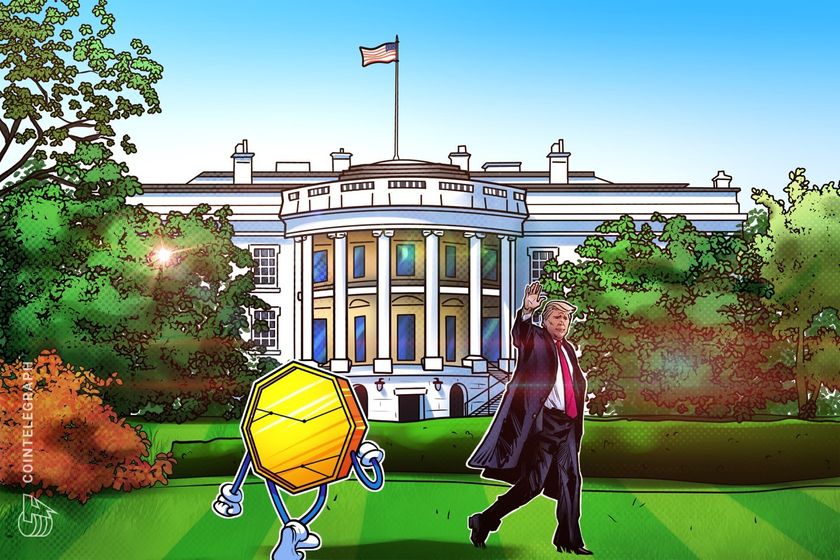
OpenSea’s royalty enforcement tool Operator Filter is going to be turned off, according to the NFT marketplace’s founder and CEO, Devin Finzer.
Nonfungible token (NFT) marketplace OpenSea is sunsetting its on-chain royalty enforcement tool — Operator Filter — that allows creators to blacklist NFT marketplaces that don’t enforce royalties.
The change is set to take effect on Aug. 31, according to an Aug. 17 statement by OpenSea founder and CEO Devin Finzer.
The Operator Filter feature was first introduced in November 2022 and was described as a “simple code snippet” that could restrict NFT sales to only marketplaces that enforced creator fees.
Starting Aug 31, we’ll:
— OpenSea (@opensea) August 17, 2023
- Sunset the OpenSea Operator Filter
- Move to optional creator fees on all secondary sales for new collections
- Improve visibility of creator fee settings and listings on buyer & seller side
More below:
However, Finzer said that the tool hadn’t had the success they had hoped, as it didn’t have the needed support from the NFT ecosystem.
Finzer claimed that NFT marketplaces such as Blur, Dew and LooksRare had circumvented the Operator Filter by integrating the Seaport Protocol to bypass OpenSea’s blacklist and therefore avoid creator fees.
Finzer said they also saw pushback from creators, who saw the tool as encroaching on their control over where their collections were sold.
“We have heard from some creators that the Operator Filter limits their sense of control over where their collections are sold, and at the same time may collide with a collector’s expectation of full ownership.”
“The Operator Filter’s restrictions come at the expense of decentralized ownership,” he added.
Finally, Finzer explained that while creator fees are useful for certain business models, its only one of many revenue streams available to creators and there are a number of other use cases of NFT technology that need to be considered.
We’ve had a few learnings since launching our Operator Filter:
— OpenSea (@opensea) August 17, 2023
- It relied on opt-in from the entire ecosystem, which didn’t happen
- Creator fees choice is important for collectors and creators
- Creator fees are just one of many revenue streams available to creators in web3
“We’ve dedicated a large part of our roadmap to power new use cases — starting with digital and physical redeemables — and to merchandise those use cases more effectively across primary and secondary experiences,” he said.
Related: Reddit prepares to drop Gen 4 collectible avatars on Polygon
Starting from Aug. 31, the Operator Filter will no longer block any marketplaces. However, any collections that are using the tool and for existing collections on non-Ethereum blockchains, the creator’s preferred fees will be forced up to Feb. 29, 2024.
“To be clear, creator fees aren’t going away — simply the ineffective, unilateral enforcement of them,” Finzer added.
A possible blow for NFT artists
The move is considered by some to be a potential blow for NFT artists looking to make passive income.
Several members of the NFT community expressed disappointment toward OpenSea’s decision, stating on Aug. 17 that collectors should support NFT creators on platforms that mandate royalties:
Opensea is caving into pressure from its competitors to kill royalties.
— ROCKΞT (@RocketEGC) August 17, 2023
As members of nft communities the best way to impact this royalty problem and support your project is to only use platforms that will support your communities and honor their royalties.
Stop supporting…
However, a Reddit avatar artist believes it may have been the right move, suggesting the business model aimed to profit too much off of hype trading.
Magazine: NFT Collector: Grails’ lucky dip of famous NFT artists, new hope for PFP holders

 " title="
" title="